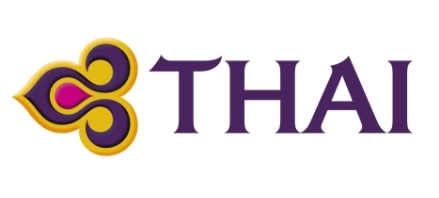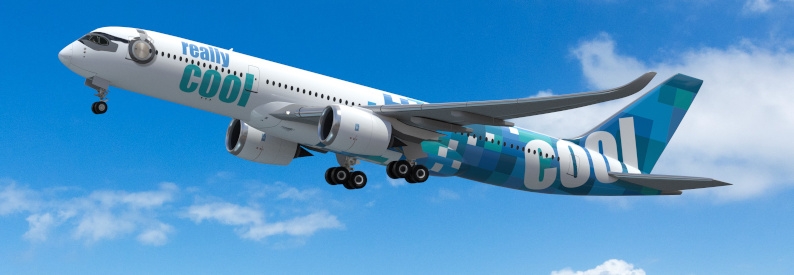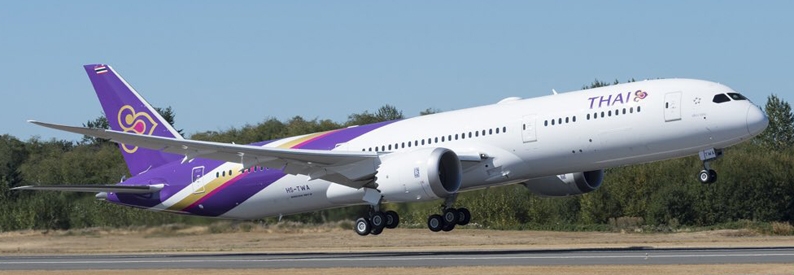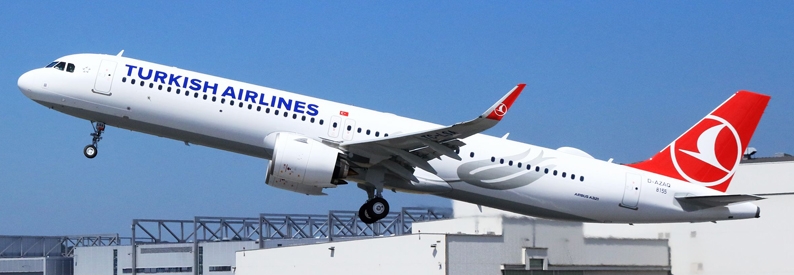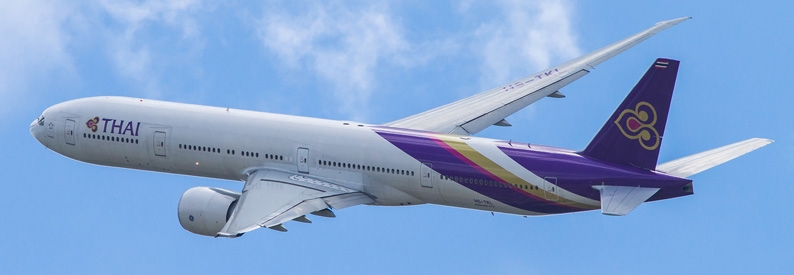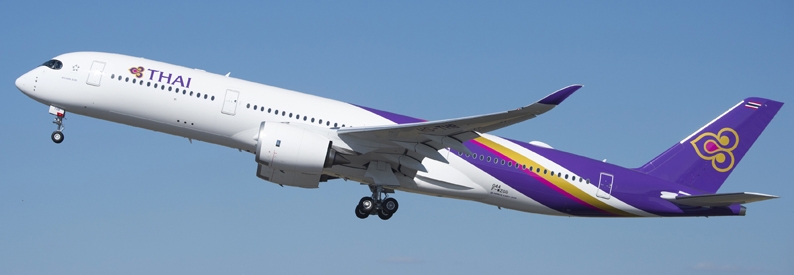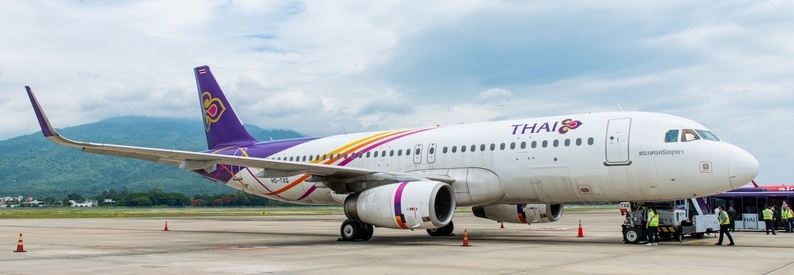The restructuring administrators of Thai Airways International (TG, Bangkok Suvarnabhumi) have told Bangkok's Central Bankruptcy Court that they have successfully implemented the airline's business rehabilitation plan and, accordingly, have formally petitioned the court to exit the rehabilitation process. Thai Airways reported the update via an April 28 Stock Exchange of Thailand filing.
The plan administrators who, along with the court, have overseen Thai's progress through the local equivalent of Chapter 11, say the airline has met key agreed-on criteria during the business rehabilitation process, including increasing the registered capital, not defaulting on any agreed repayments, restoring the business to profit and positive shareholder's equity status, and appointing new company directors.
The Central Bankruptcy Court approved Thai Airways' entry into the business rehabilitation process in September 2020 after the then majority-state-owned airline became insolvent and unable to pay its debts. However, the court also said Thai had a decent prospect of working through the process. Since then, Thai's road to recovery has become one of the country's biggest business restructuring exercises.
Separately, on April 29, Bangkok's Central Criminal Court for Corruption and Misconduct threw out a National Anti-Corruption Commission (NACC) bribery case against former Thai Airways chairman Thanong Bidaya and former deputy finance director Kaweepan Ruangphaka. The court said the NACC's case lacked sufficient weight to convict the defendants.
The NACC had alleged that the two men had corrupted fleet procurement decisions in the early 2000s, ensuring the only types shortlisted required Rolls-Royce engines. Thanong, who also once served as Thailand's finance minister, was the airline's chairman between 2001 and 2005.
Rolls-Royce has previously admitted to the UK's Serious Fraud Office that it doled out around THB1.28 billion baht (USD38 million) to various Thai "regional intermediaries" between 1991 and 2006. This particular NACC case concerned orders for seven B777-200ERs powered by Trent 800 engines and seven A340-600s powered by Trent 500 engines.
